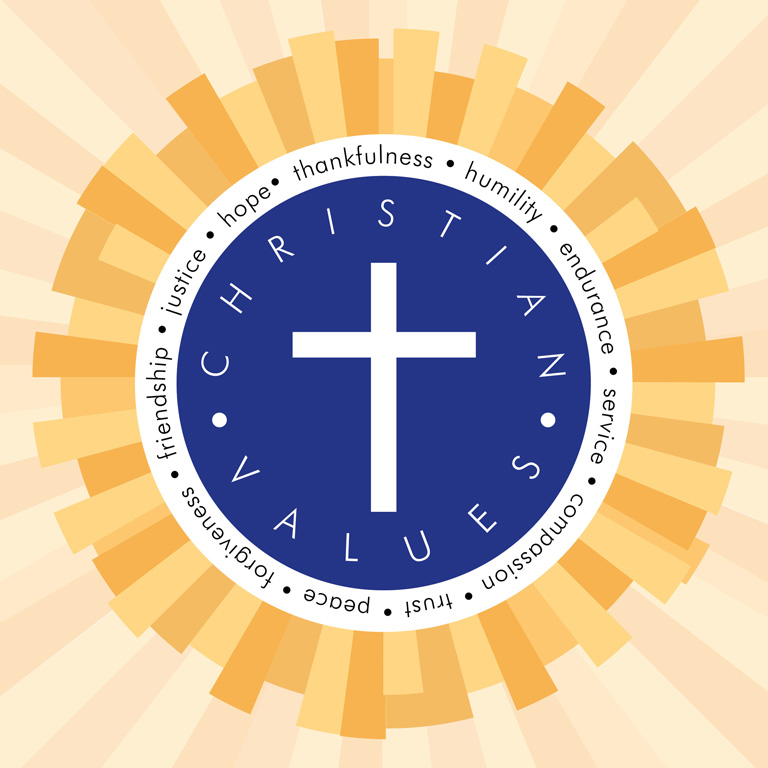Worship

Collective Worship is an embodiment of our school vision.
Through collective worship, we provide children with the daily opportunity to encounter God’s love and reflect on how they can “love others as they love themselves” (Matthew 22:39). Children learn the importance of Christian values through the teachings of the bible, as well as stories from other cultures and faiths. In our Federation, we are passionate about empowering children to thrive and helping them become the best they can be. Collective worship is a time where children and adults are encouraged to reflect upon their moral and social conduct, improve their self-awareness and develop their spirituality.
At our school, collective worship is Inclusive, Invitational and Inspiring:
- Inclusive
Worship is inclusive of, and fully accessible to, all so that everyone feels able to contribute and gain whatever their personal commitment is. We appreciate that the children in our school come from many diverse families with different faith backgrounds as well as those with no faith background. It is therefore important that our worship meets the children where they are on their spiritual journey. In our school, children and adults are active participants in worship times, rather than spectators. Children are encouraged to pray aloud and are keen to share spontaneous prayers in class and whole school collective worship.
At both schools in our federation, we have a ‘worship team’ consisting of pupils from Year 1-6. These children regularly meet with the collective worship coordinator and take a lead in whole school worship, help to set up the space, choosing songs, reading bible verses or liturgical words of welcome, as a well as writing and reading prayers. They are also responsible for leading worship for the whole school at least once every half term.
- Invitational
Worship provides an opportunity for children to engage as much they wish to, therefore children will respond in different ways and there is no set expectation from teachers as to what they should ‘do’. We use invitational language to invite (not enforce) children to pray, and always provide the option of reflection instead, reminding children that reflection and meditation is beneficial for all people, and not restricted to faith communities.
- Inspirational
Collective worship should encourage children to reflect on their behaviour, transform their thinking and motivate them into action. It should inspire children to not only explore ideas about faith and philosophy, but also to think about how they can positively impact their community and the wider world. Our daily act of collective worship is a special and distinctive time of the school day, looked forward to by many children.
These quotes from children across our Federation show the impact collective worship has on their daily lives.
“Whenever I feel mad, I pretend I’m in collective worship at school and it helps to calm me down”
“Collective worship helps me because if I’ve had a bad day then I can reflect on how to have a better day tomorrow”
“Collective worship makes me a better person”
Working with our local church
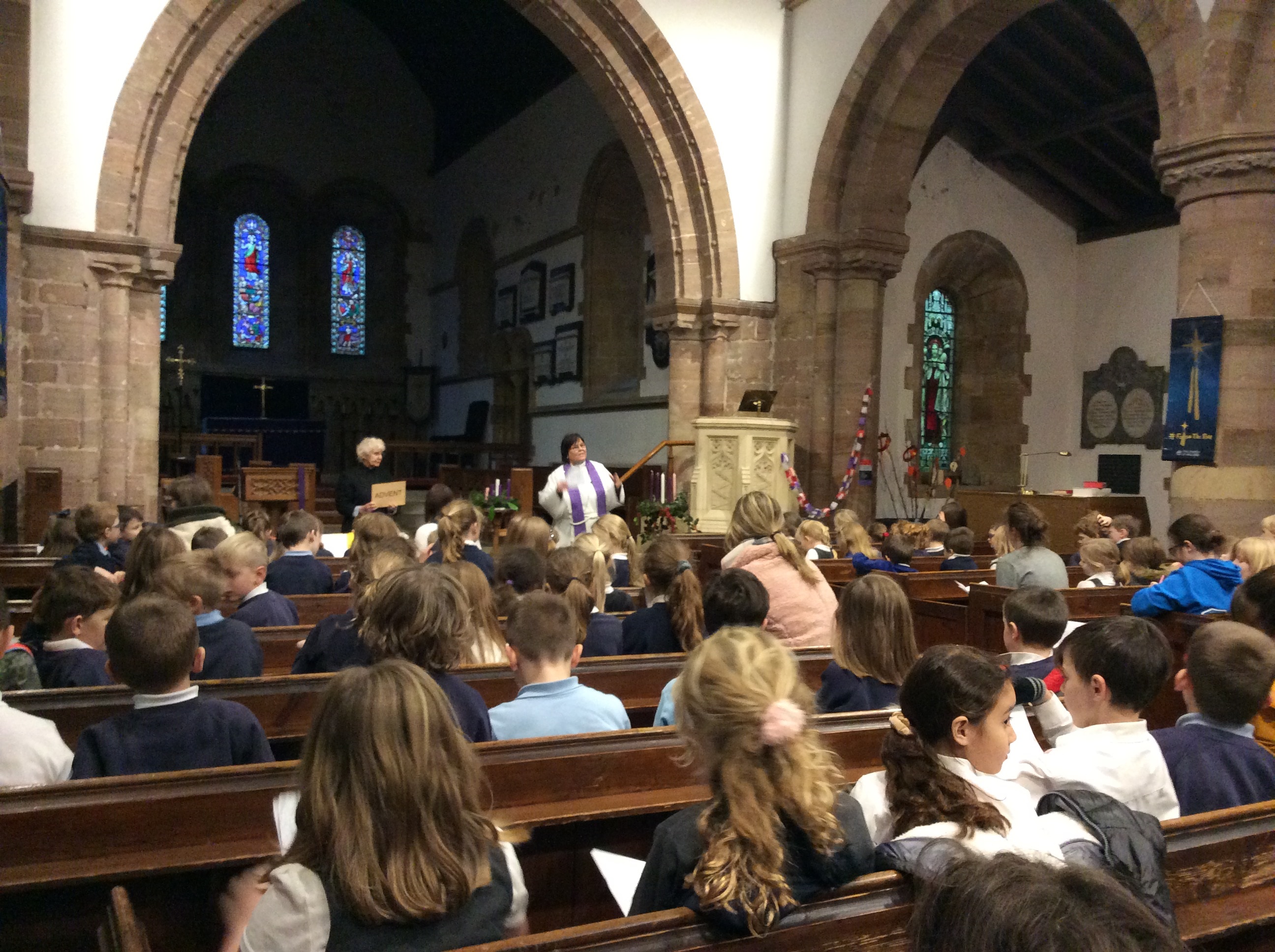
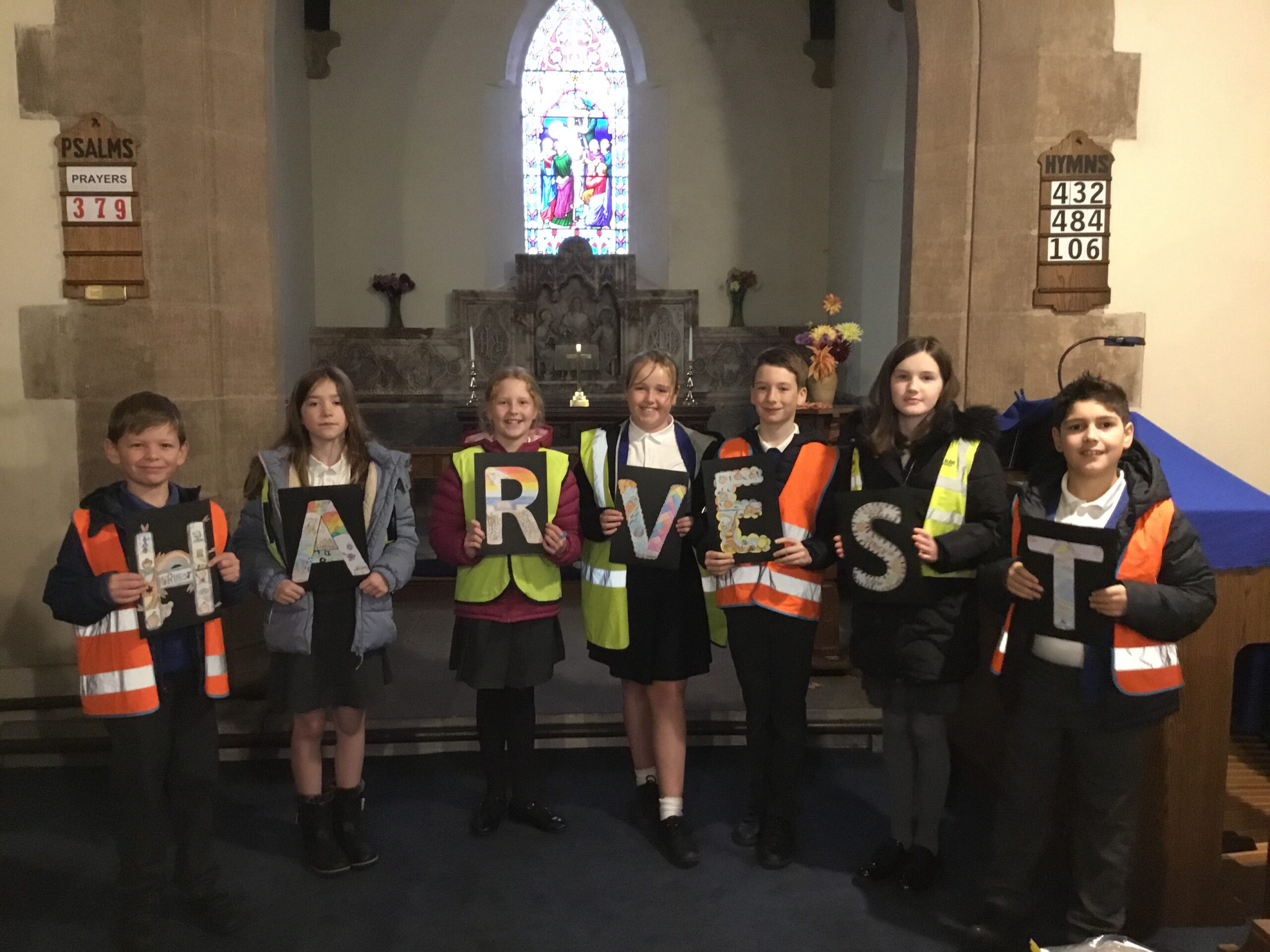
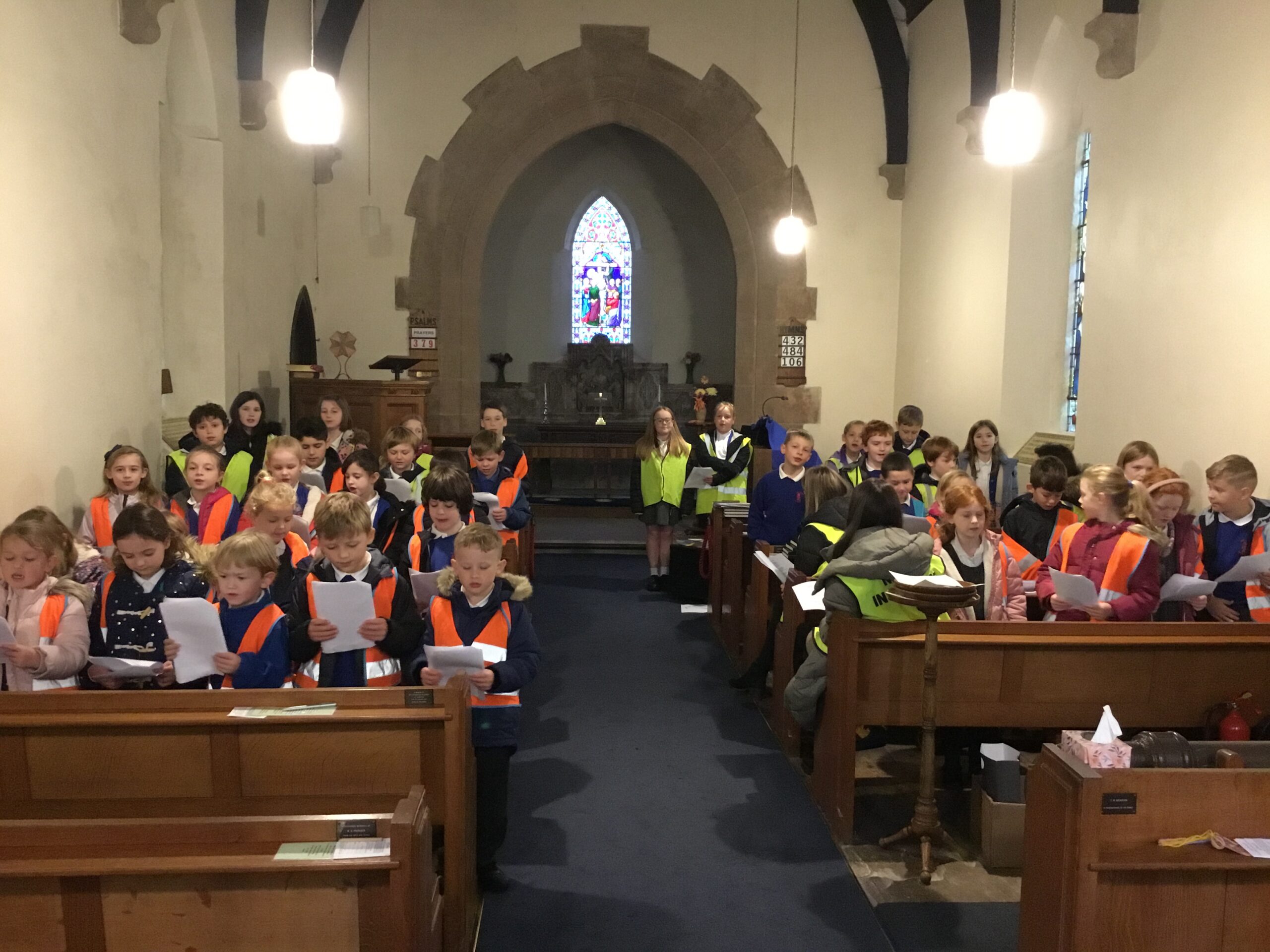
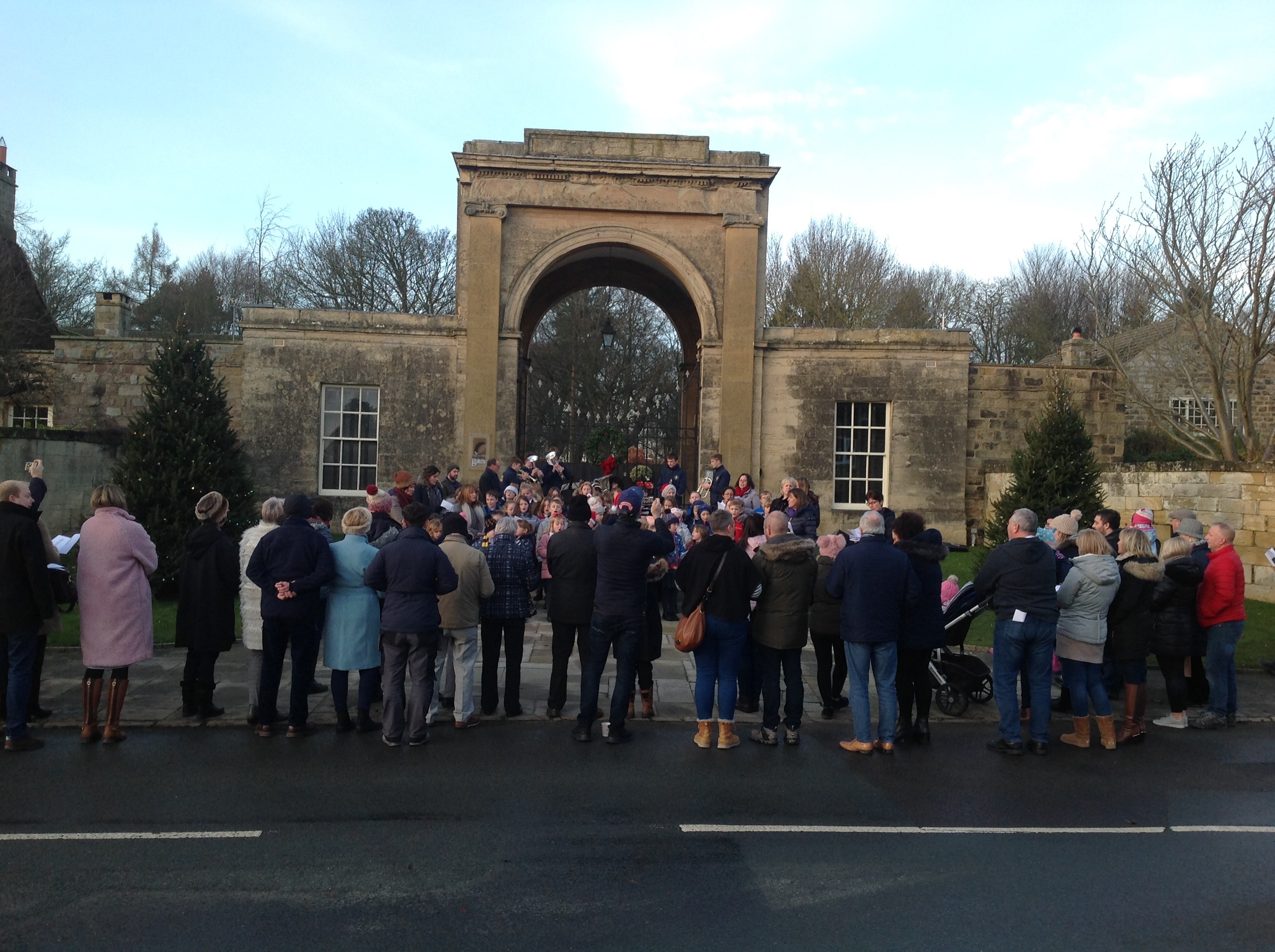
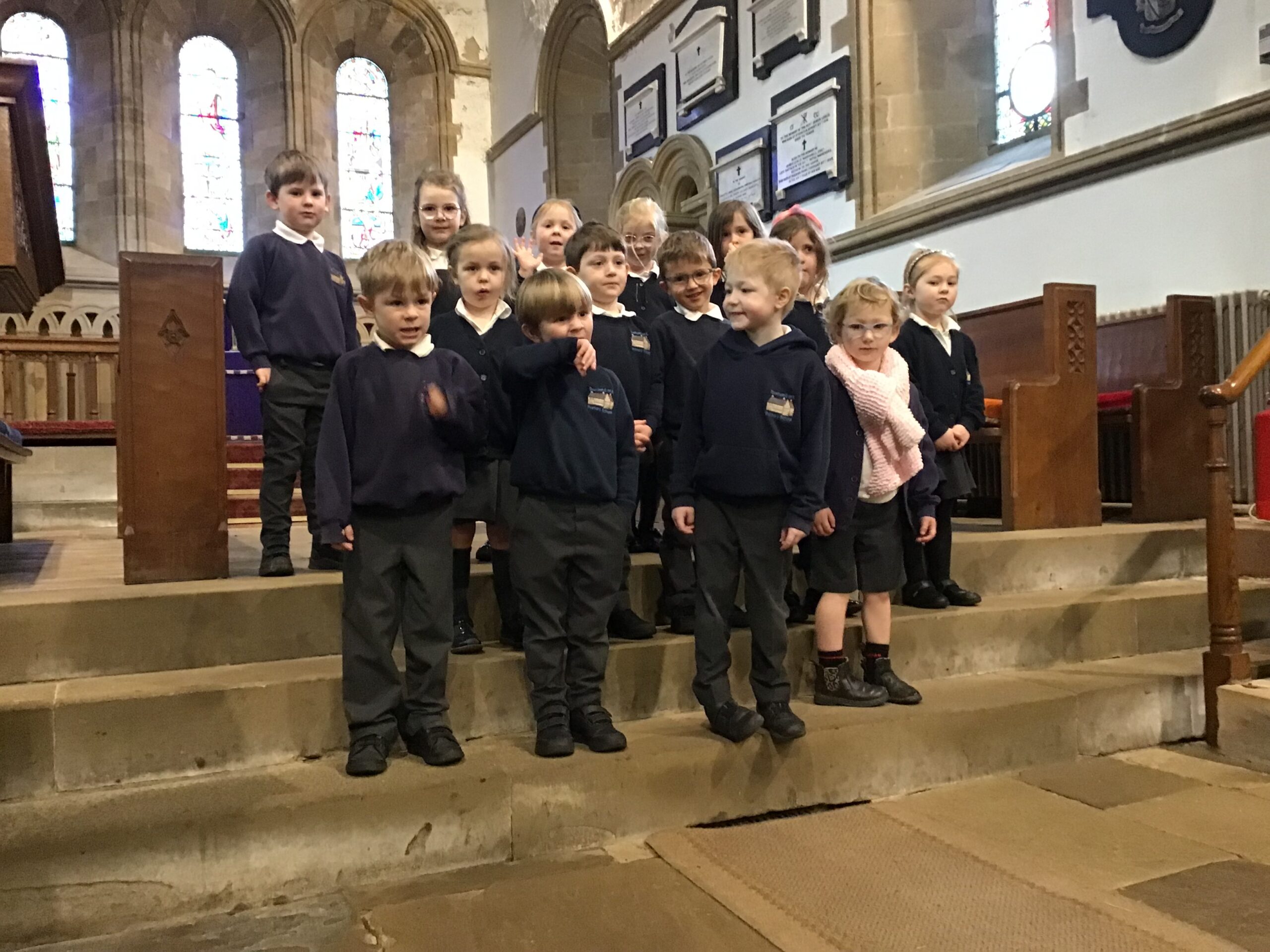
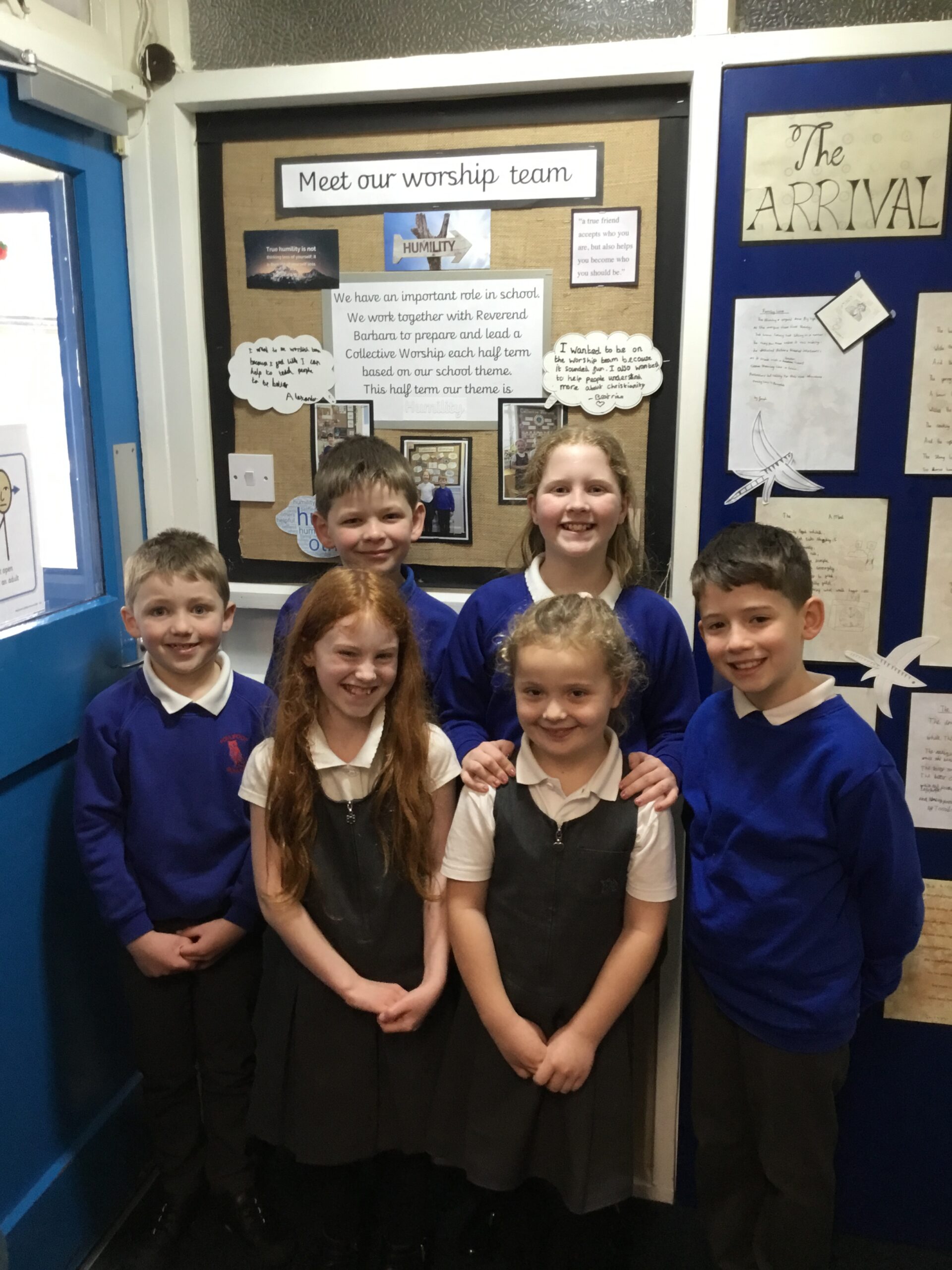
Worship Rhythm
We understand the importance of making collective worship distinctive from the rest of the school day. To aid this our worship times follow a recognisable rhythm that can be used in whole school worship and classroom worship (see Appendix A). Teachers use consistent language and verbal cues so that children will be able to discern collective worship from other times during the day. A candle is lit to signify the start of our worship time and music may be used in the background to give a sense of ‘crossing the threshold’ into a special time. Worship always provides a time for reflection and gives children the opportunity to respond in their own way, regardless of their beliefs or ideas about faith.
Collective worship times should follow a pattern of:
- Gathering (welcome, light a candle, visual)
- Engaging (main content)
- Responding (prayer pebbles, discussion)
- Sending (blow out candle, prayer chant altogether)
This is reinforced by our use of the windows, mirrors and doors symbols to help children recognise the format and also support children when they are leading or planning collective worship.
For more information about our worship rhythm and collective worship in general, please see our Collective Worship Policy – Collective Worship Policy

